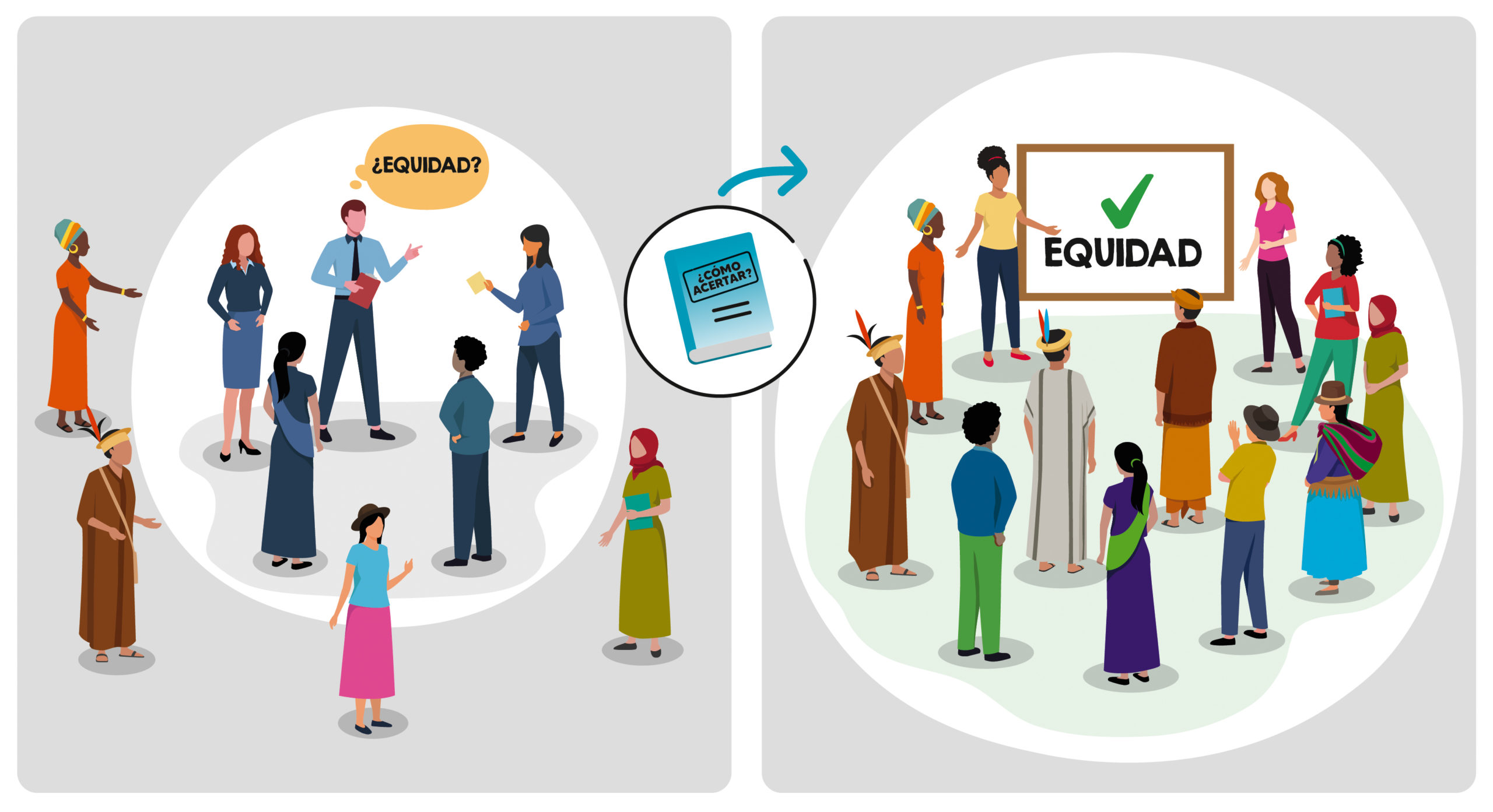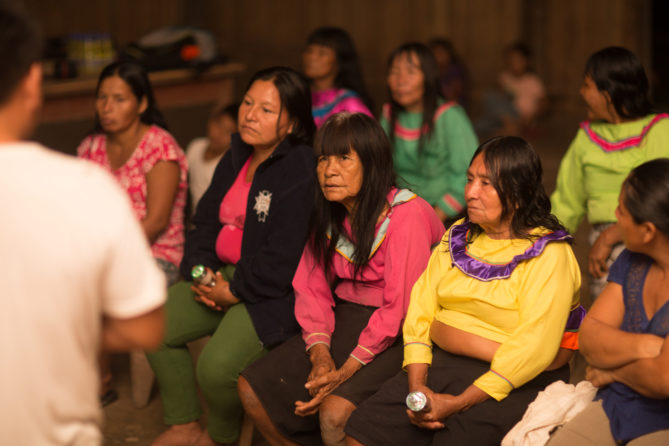Description
Multistakeholder forums (MSFs) have gained increased prominence among scholars and practitioners due to their potential to facilitate multi-sectoral collaboration and include local communities in the design of initiatives and governance of natural resources and landscapes. However, critics note that MSFs that fail to address power asymmetries between participants often fall short of enabling the meaningful participation of marginalized groups and instead risk legitimizing unequal development practices.
The activities under this project aim to promote reflexive and adaptive learning processes in MSFs. They promote transformative actions that move beyond tokenistic approaches to inclusion and instead identify and address often context-specific, gender-specific inequities in different decision-making processes (at process and outcome-levels). In this way they enable MSFs to function as sites/mechanisms for gender-transformational change.
In this project, we analyze data collected recently by CIFOR across 14 MSFs addressing land use in Brazil, Ethiopia, Indonesia and Peru.































